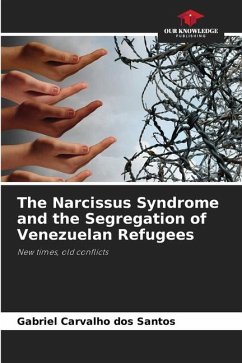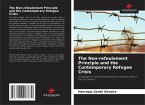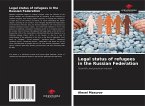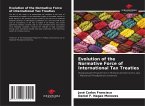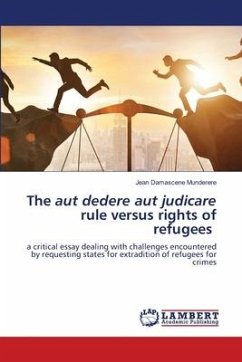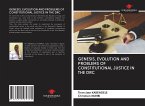The vast humanitarian experience in societies over the centuries currently points to the most degrading violations of human rights, a factor evidenced by human and social stamentalisation, which comes from distant times and has been restructured in contemporary times. As a result, a vacuum and social depression has become so unsustainable that the Greek philosophical myth of the Narcissus Syndrome is present in contemporary societies and in a striking way in Brazilian society. The re-stamentalisation experienced by Venezuelan refugees in Brazil is a major historical and social step backwards, in which a section of society is unbridled in its pursuit of statist composition, excluding individuals who do not fit in with the material value imposed, in which segregation is based on the qualitative selectivity of the individual. In this vein, the aim is to provide alternatives to the state crisis faced by refugees, to the detriment of the protection of the democratic rule of law. Therefore, the target reader is the one who yearns for social debates and new humanitarian reflections in order to reconnect with what makes them human.
Bitte wählen Sie Ihr Anliegen aus.
Rechnungen
Retourenschein anfordern
Bestellstatus
Storno

